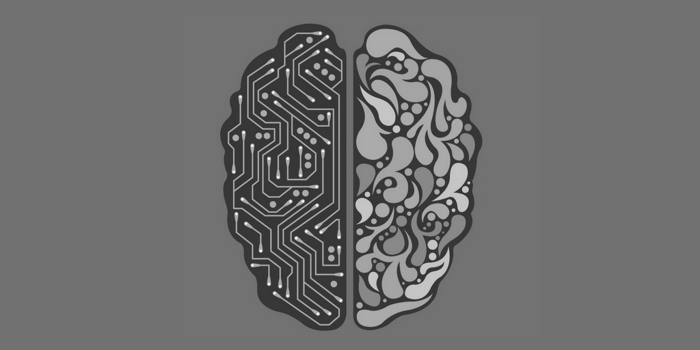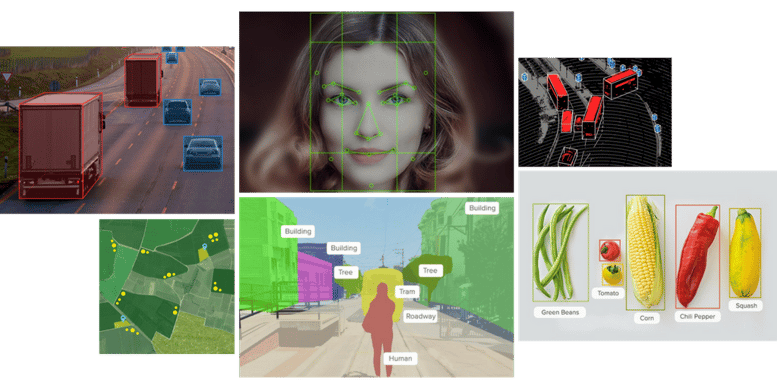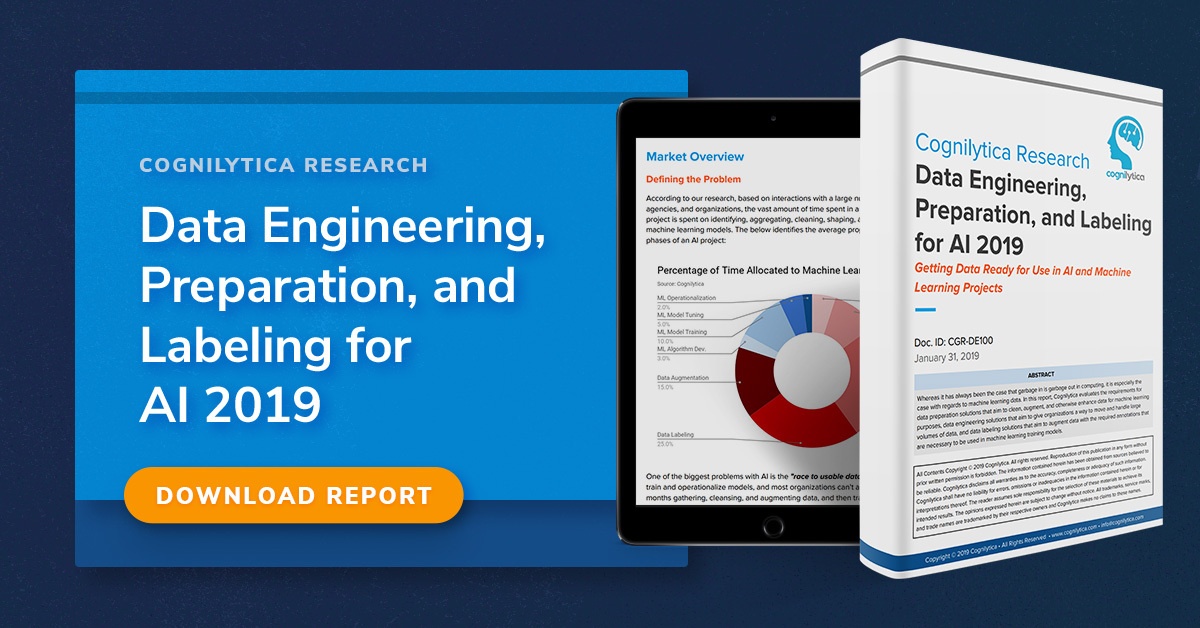
Experts disagree on where artificial intelligence (AI), automation, cloud computing, and machine learning are taking us in the future. And whether you believe machines will take over the world or that humans always will have control over technology, one thing is certain – we’re in for change.
The future of work has shifted drastically in the last decade. More people are working remotely, new jobs are being created as others fade away, and AI is at the center of this change. Like agriculture and manufacturing jobs during the Industrial Revolution, today’s construction, transportation, and retail jobs are most likely to be impacted by the growing adoption of AI.
According to a Pew Research Center survey, 65% of Americans expect that in 50 years, robots will either “definitely” or “probably” do much of the work humans do today. How can workers compete? At CloudFactory, we provide managed human teams to annotate and classify data for AI-powered systems such as autonomous vehicles and drones.

Although we believe that man and machine will always be more powerful together, working collaboratively, we know humans must evolve to stay competitive in this changing workforce.
Here are a few ways to stay competitive in what is becoming a more AI-driven world:
1) Look for ways AI could disrupt your industry
The AI disruption is growing stronger with exponential increases in processing power and data. The changes these advances will bring are inevitable, but humans will continue to play a role in the development and optimization of AI.
Think about how AI might transform your industry and what cottage industries could develop to leverage to those possibilities. Here’s a place to start: AI systems serve specialized functions and get better as they gather more data along the way. For example, an app called X.ai can schedule your meetings. An app called Slice can track your purchases and send alerts about price adjustments and recalls. PlantSnap can instantly identify nearly every documented plant species. How could AI create shifts in your industry? Is there a shift you can create, using AI?
2) Consider your options
AI is spawning new careers, and most job tasks will become easier and more efficient with combined artificial and human intelligence. Some careers that once were considered free from technological disruption are now being put to the test. For example, in the medical field, computers have proven that they can match the skills of human radiologists in diagnosing some diseases. In 50 years, will a machine replace a human doctor?
The answer is uncertain, but some economists recommend that workers “future-proof” their careers by identifying areas where you excel at work and computers could easily outperform you. For instance, a machine can crunch numbers, analyze data sets and identify patterns in customer buying behavior. But for machines to do that accurately, humans are necessary to derive meaning from those patterns and use them to develop actionable business strategies.
Machines can perform repetitive tasks such as scheduling and assembling parts in a factory, but abstract creative thinking is a human task critical to business success. Know your human strengths and continuously learn and pick up new skills.
3. Embrace technology
If you can’t beat them, join them. Although some roles, such as a receptionist, are at a high risk of becoming obsolete in the near future, others are experiencing huge talent shortages. Data scientists, cybersecurity experts, and AI engineers are just a few of the tech careers in high demand today, and they will be equally important in the future. Now is a great time to develop your technical acumen and focus on the human qualities that set you apart from machines.
In an AI-driven world, humans need to develop new skills to remain competitive. Machines and humans aren’t mutually exclusive. In fact, they work better together. Computers excel at repetitive tasks, establishing patterns in large data sets and performing calculations. But humans are critical thinkers who can innovate, solve problems, and form relationships with other people. The people that realize this important distinction, embrace the upcoming changes, and adapt as the technology advances are likely to remain the most competitive in an increasingly AI-powered world.
Outsourcing Future of Work Data Science AI & Machine Learning



